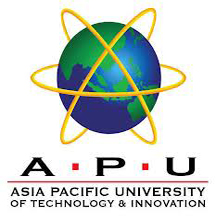
This programme is specifically designed to provide:
The IT degree and all of its specialisms have similar modules in Level 1. Modules that provide a foundation for any IT professional include System Analysis & Design, Fundamentals of Software Development, and Introduction to Programming in an appropriate language. More technical knowledge and skills are developed in Operating Systems & Computer Architecture and Introduction to Networking. This specialism is introduced with Introduction to Databases. Introduction to Management and Computing & IT in the Workplace provide a foundation for multi-disciplinary education and understanding personal and organisational development. Important and relevant skills for independent learning are introduced throughout this level.
Further in-depth analysis and design skills are developed at Level 2 through System Development Methods, Web Applications, and Database Design & Development. Specific computing skills are developed through Object Oriented Development with Java, Programming Concepts in C++, and System Programming & Computer Control.
Integrated Business Processes with SAP ERP Systems and Data Management will give you a thorough understanding of how IT supports modern organisational activity. Along with independent learning, a common theme in all APU ICT awards is fostering creativity and innovation in individuals and teams. These themes are the specific focus of the Creativity & Innovation and Research Methods for Computing & Technology modules.
The focus of Level 3 is further development of relevant technical skills and the ability to apply these skills with strong critical thinking and analysis. Knowledge Discovery & Big Data Analytics and Enterprise Programming for Distributed Applications give you the advanced computing skills required to take advantage of enterprise databases. Cloud Infrastructure and Services, Information Storage and Management, Database Administration, Computer Systems Security, and Database Security ensure that you have the technical skills necessary to evaluate, design, configure, and maintain the data management infrastructure.
Database administration is an area of IT operations that is common to all enterprises, and Database Administrator (DBA) consistently makes the top ten in rankings of the best technology jobs.